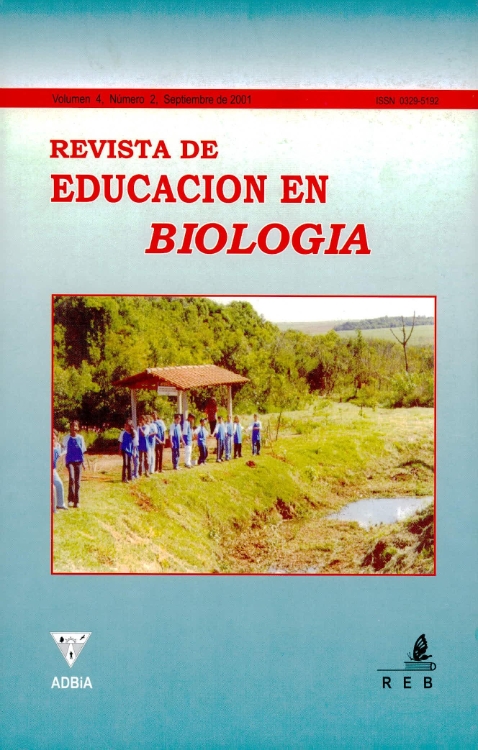A cross-curricular content model for teaching experimental science: Vertebrate terrestrialization
Main Article Content
Abstract
Transversality is a relatively new topic in education which, due to its globalizing approach to facts and phenomena, has the historical possibility of confronting the compartmentalized conception of knowledge that has characterized teaching. Although cross-cutting themes offer a new way of selecting and prioritizing contents and delimiting educational problems, and the possibility of breaking down the traditional boundaries between disciplines, their presence in the classroom is episodic and restricted. Because of this, we believe that it is very important to advance in the systematization of this innovative educational experience in the teaching of experimental sciences. Our model responds to a teaching process that allows, through the transversality of the contents involved in the terrestrialization of vertebrates, students to gradually reach higher and integrated levels of knowledge related to experimental sciences, within the framework of the particular domains of biology, animal anatomy and physiology, ecology, geology, evolution, paleontology, physics, etc. Thus, the construction of knowledge would not be a linear process, with a fixed sequence in the treatment of concepts, but a process of continuous reorganization in which, without neglecting the deepening of each concept, increasingly broader and more complex networks of knowledge are built.
Downloads
Article Details

This work is licensed under a Creative Commons Attribution-NonCommercial-ShareAlike 4.0 International License.
Aquellos autores/as que tengan publicaciones con esta revista, aceptan los términos siguientes:- Los autores/as conservarán sus derechos de autor y garantizarán a la revista el derecho de primera publicación de su obra, el cuál estará simultáneamente sujeto a la Licencia de reconocimiento de Creative Commons que no se permite un uso comercial de la obra original ni de las posibles obras derivadas, la distribución de las cuales se debe hacer con una licencia igual a la que regula la obra original.
- Los autores/as podrán adoptar otros acuerdos de licencia no exclusiva de distribución de la versión de la obra publicada (p. ej.: depositarla en un archivo telemático institucional o publicarla en un volumen monográfico) siempre que se indique la publicación inicial en esta revista.
- Se recomienda a los autores/as difundir su obra a través de Internet (p. ej.: en archivos telemáticos institucionales o en su página web) después del proceso de publicación, lo cual puede producir intercambios interesantes y aumentar las citas de la obra publicada. (Véase El efecto del acceso abierto).
References
.

